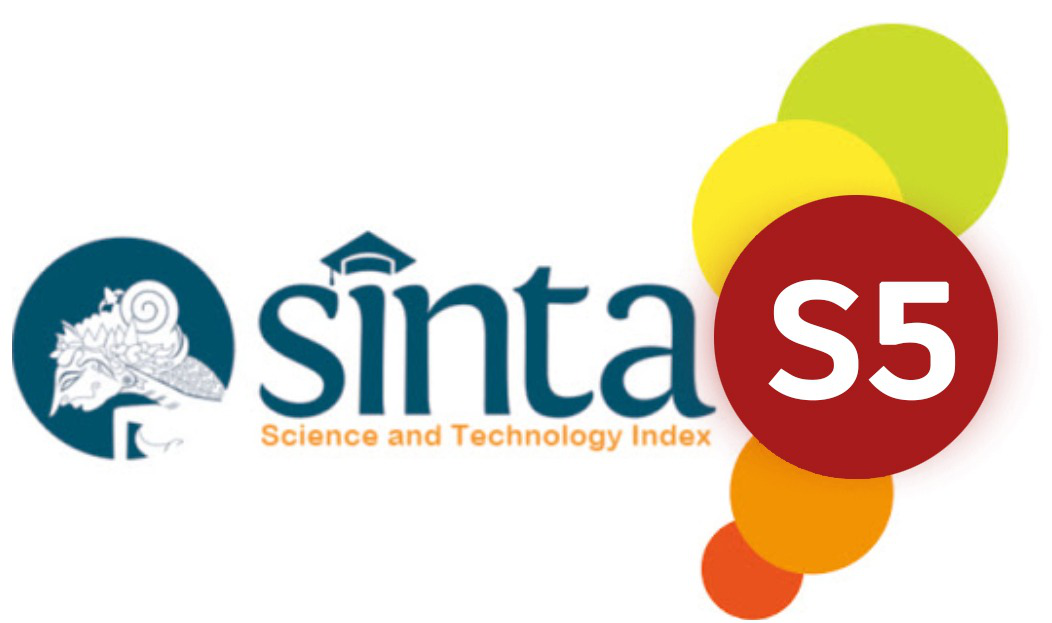A Clash of Social Classes in Margarita Morris Goodbye to Budapest (2019)
Abstract
Goodbye to Budapest (2019) is a novel by Margarita Morris. The novel is set in Hungary in the 1950s during the Stalinist regime. The novel portrays the sufferings of lower-class people caused by the regimes cruelty. On the other side, the novel also briefly portrays the good life of nomenklaturas or the upper-class people who supported the regime. Dissatisfied with the regimes cruelty, the lowerclass people rose against the government, including the nomenklaturas that were close to the government. Thus, the nomenklaturas which were once being upper-class became the most hated social class.
Keywords: social class; society; revolution; Hungarian Revolution.
References
Acemoglu, D., Cantoni, D., Johnson, S., Robinson, J.A. (2009). The Consequences of Radical Reform: The French Revolution. NBER Working Paper Series. National Bureau of Economic Research. Retrieved 8 December 2021, from https://scholar.harvard.edu/files/jrobinson/files/jr_consequeces_frenchrev.pdf
Brinton, C. (1965). The Anatomy of Revolution (Revised and Expanded Edition). Vintage Books.
Drudy, S. (1991). The Classification of Social Class in Sociological Research. The British Journal of Sociology, 42(1), 21-41. Retrieved 15 February 2022, from https://www.jstor.org/stable/590833
Durante, F., Fiske, S.T. (2017). How Social-Class Stereotypes Maintain Inequality. Current Opinion in Psychology, 18, 43-48. Retrieved 12 October 2021, from https://www.ncbi.nlm.nih.gov/pmc/articles/PMC6020691/
Glaberman, M. (1989). The Hungarian Revolution of 1956 [Review of In the Name of the Working Classâ€: The Inside Story of the Hungarian Revolution; 1956 Counter-Revolution in Hungary, by S. Kopacsi & J. Berecz]. Labour / Le Travail, 24, 239243. Retrieved 15 February 2022, from https://www.jstor.org/stable/25143256
Luebering J.E. (2020). revolution. Encyclopedia Britannica. Retrieved 20 December 2021, from https://www.britannica.com/topic/revolution-politics
Morris, M. (2019). Goodbye to Budapest. Landmark Media.
Naimark, N.M. (2004). Stalin and Europe in the Postwar Period, 1945-53: Issues and Problems. Journal of Modern European History, 2(1), 28-57. Retrieved 15 February 2022, from https://journals.sagepub.com/doi/abs/10.17104/1611-8944_2004_1_28
Neitzel, L. (2006). What is Revolution?. Department of History. Brookdale Community College. Retrieved 26 November 2021, from http://www.columbia.edu/cu/weai/exeas/asian-revolutions/pdf/what-is-revolution.pdf
Rand, D. (n.d.). Social Triggers of The Haitian Revolution. The Haitian Revolution. University of Miami Digital Collections. Retrieved 8 December 2021, from https://scholar.library.miami.edu/slaves/san_domingo_revolution/individual_essay/david.html
Revillard, A. (n.d.). ITS04 - Social inequality (1): Stratification and social class. Introduction to Sociology-04. Retrieved 12 October 2021, from https://annerevillard.files.wordpress.com/2013/04/its04-social-inequality-1-stratification-and-social-class-outline.pdf
DOI: 10.33751/albion.v4i1.5242
Refbacks
- There are currently no refbacks.
Copyright (c) 2022 Journal Albion : Journal of English Literature, Language, and Culture







